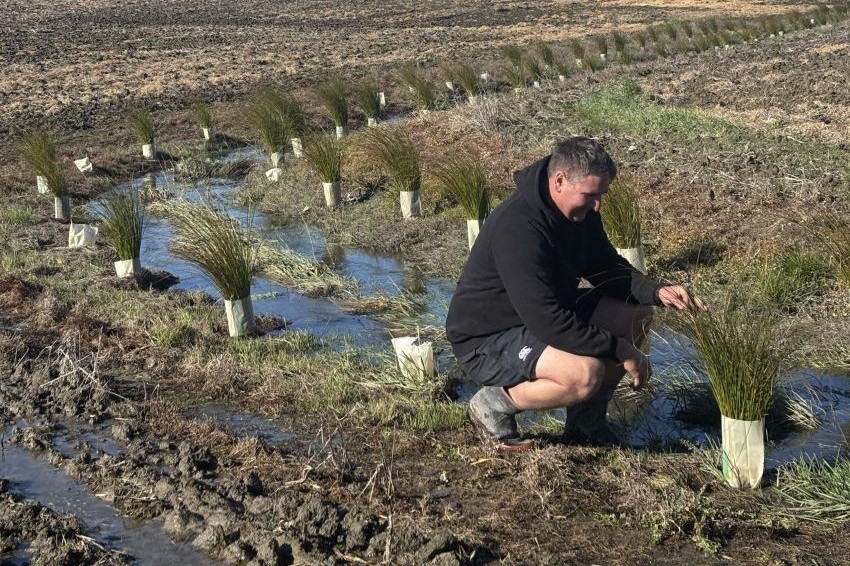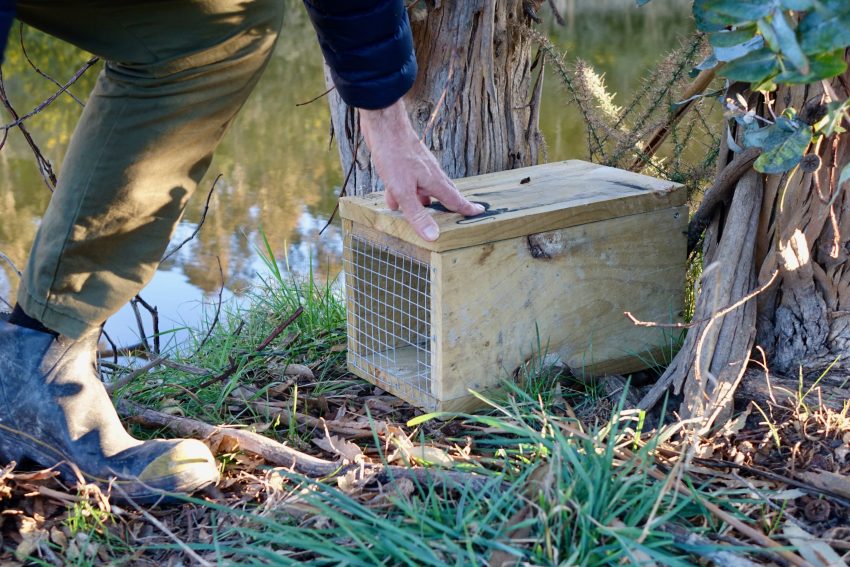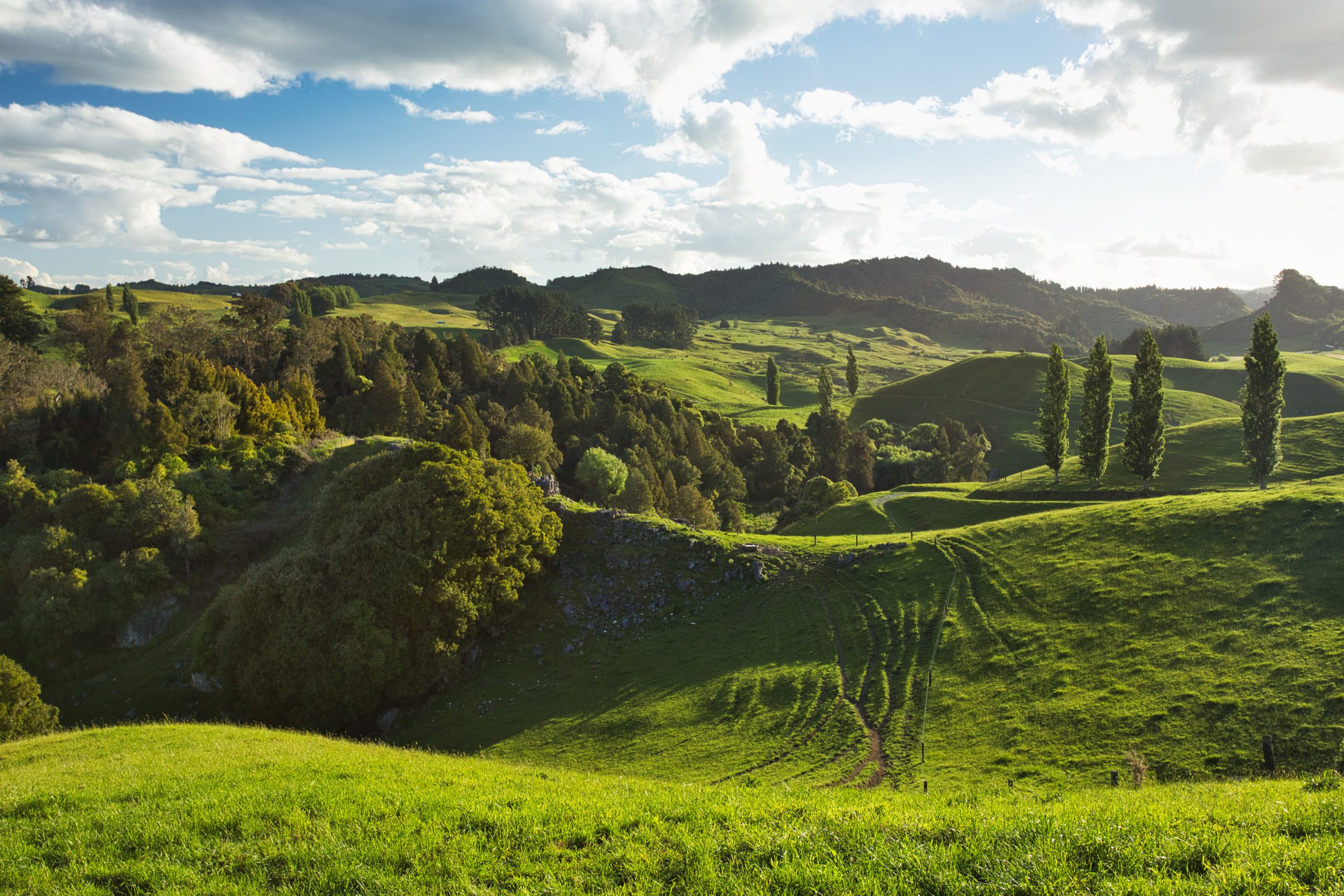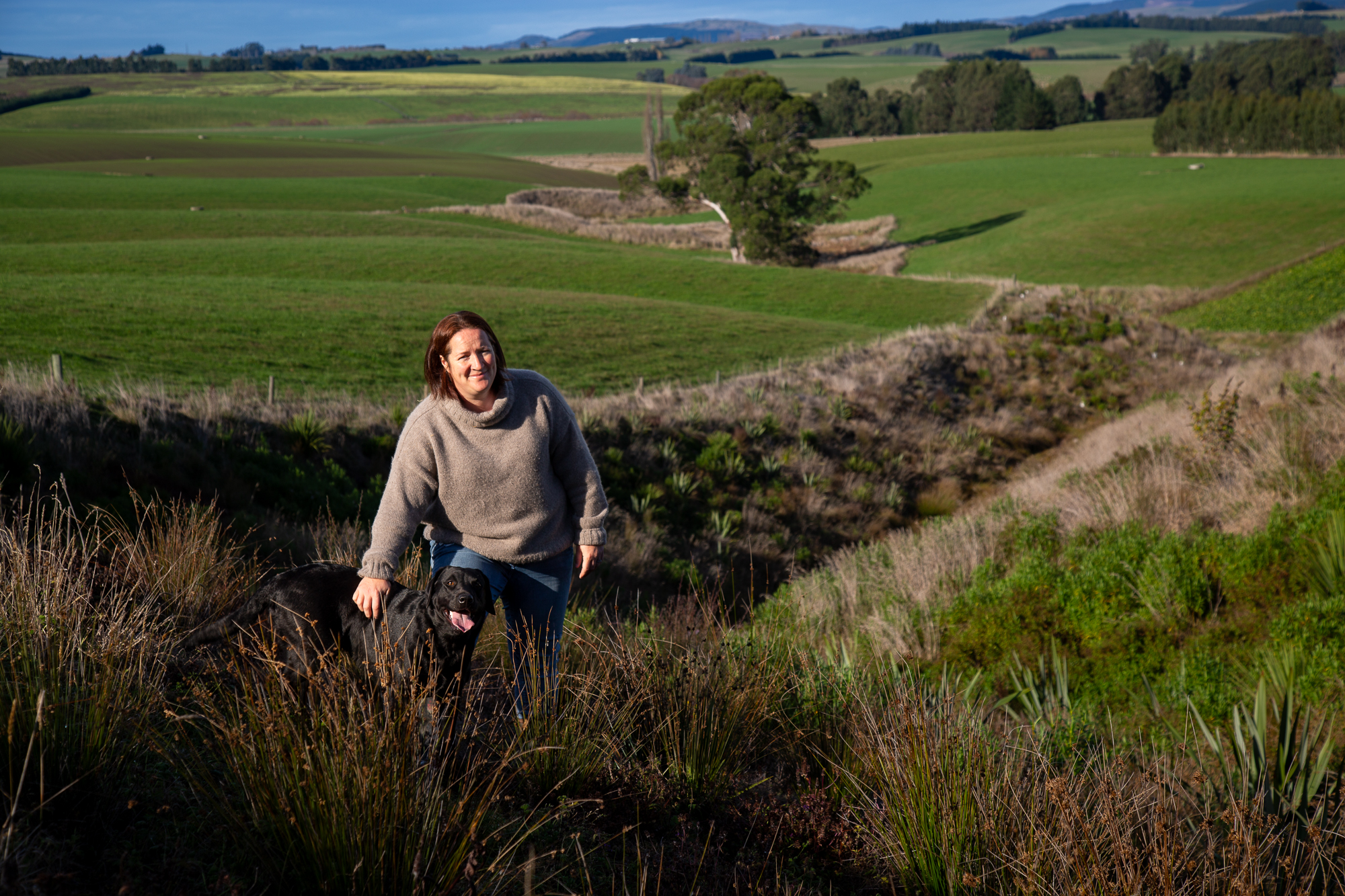Farmers’ green tinge growing
Farmers are on a green binge, recycling more waste and unwanted product through the Agrecovery scheme than ever.
Now the Government and agri manufacturers are working on a plan to make industry “hitchhikers” pay their way. Words Tim Fulton.
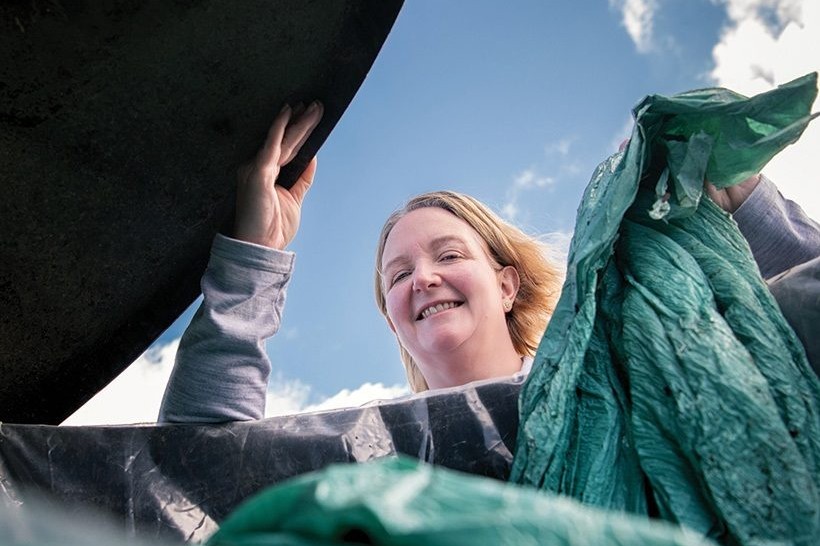
Agrecovery’s waste collection rates rose 40% in the past couple of years, the animal health and agrichem lobby group Agcarm says.
Agcarm chief executive Mark Ross said the voluntary returns amounted to about 437 tonnes of product, including 11t of chemical. The total collected was about half the product in the New Zealand market at any time.
Ross said the aim for the next few years was to lift the pick-up rate to about 80%, comparable to international rates.
The 13-year-old Agrecovery, is a not-for-profit charitable trust running 97 collection points for containers, drums and unwanted or expired chemicals.
The owners and distributors of agrichemical, animal health and dairy hygiene products pay the Agrecovery Foundation fees and levies to cover programme costs, which gives programme users free access to the scheme.
Ross said some “free-riders out there” didn’t pay the levy of 12c per litre of chemical to run the programme. About 85-90% of eligible manufacturers and distributors are part of Agrecovery. Most of the remainder were smaller businesses dealing in generic products but one or two of the companies were quite large.
“Why they haven’t joined up? I guess they don’t see the value in it, or they don’t want to pay the money. Twelve cents a litre could be quite a loss of profit to them if they’re operating on a small margin, but we’re 100% (about) making everyone part of the scheme.”
Depending on a company’s sales, participants might pay the scheme tens of thousands a year. Agrecovery’s total annual operating budget – the amount coming in from levies – was about $1.5 million.
“If you go to drop-off points, you’ll see non Agrecovery member products coming through the system, and they’re sort of going through free. Sometimes they’re taken out and they go back to the supplier and they ask them for a charge. But there’s basically hitch-hikers in there.”
To step up waste control and cut the free-loading, the Ministry for the Environment is consulting with industry groups like Agcarm on a “co-design” partnership to recycle or safely dispose of more product, as intended under the Waste Minimisation Act 2008.
The six regulated “priority products” are set to include agrichemicals and their containers, plastics (including silage wrap and feed stacks) and tyres.
The designation would also cover electrical and electronic products (including lithium and ion batteries) refrigerants and other synthetic greenhouse gases, and packaging.
Ross said the recommended priority products were the most hazardous ones lying around farms “and nothing’s been done about them, or they’ve been buried or burnt or something.”
The agrichemicals industry was “pretty much set up now”.
Veterinary medicines were likely to take longer because of the type of packaging involved.
“You’re dealing with vaccines and antibiotics and contamination. And nowhere else in the world is there an animal medicine waste recycling scheme, so we’re going to be leading the world.”

